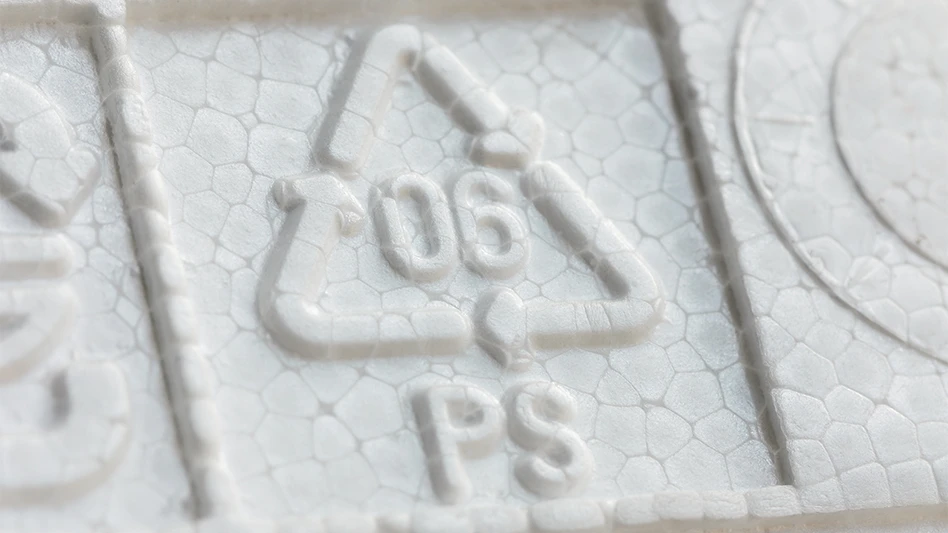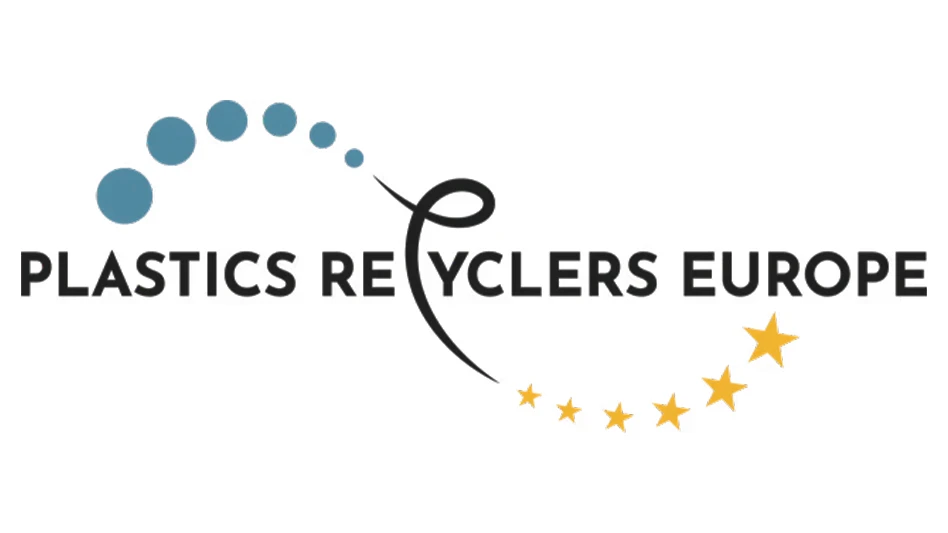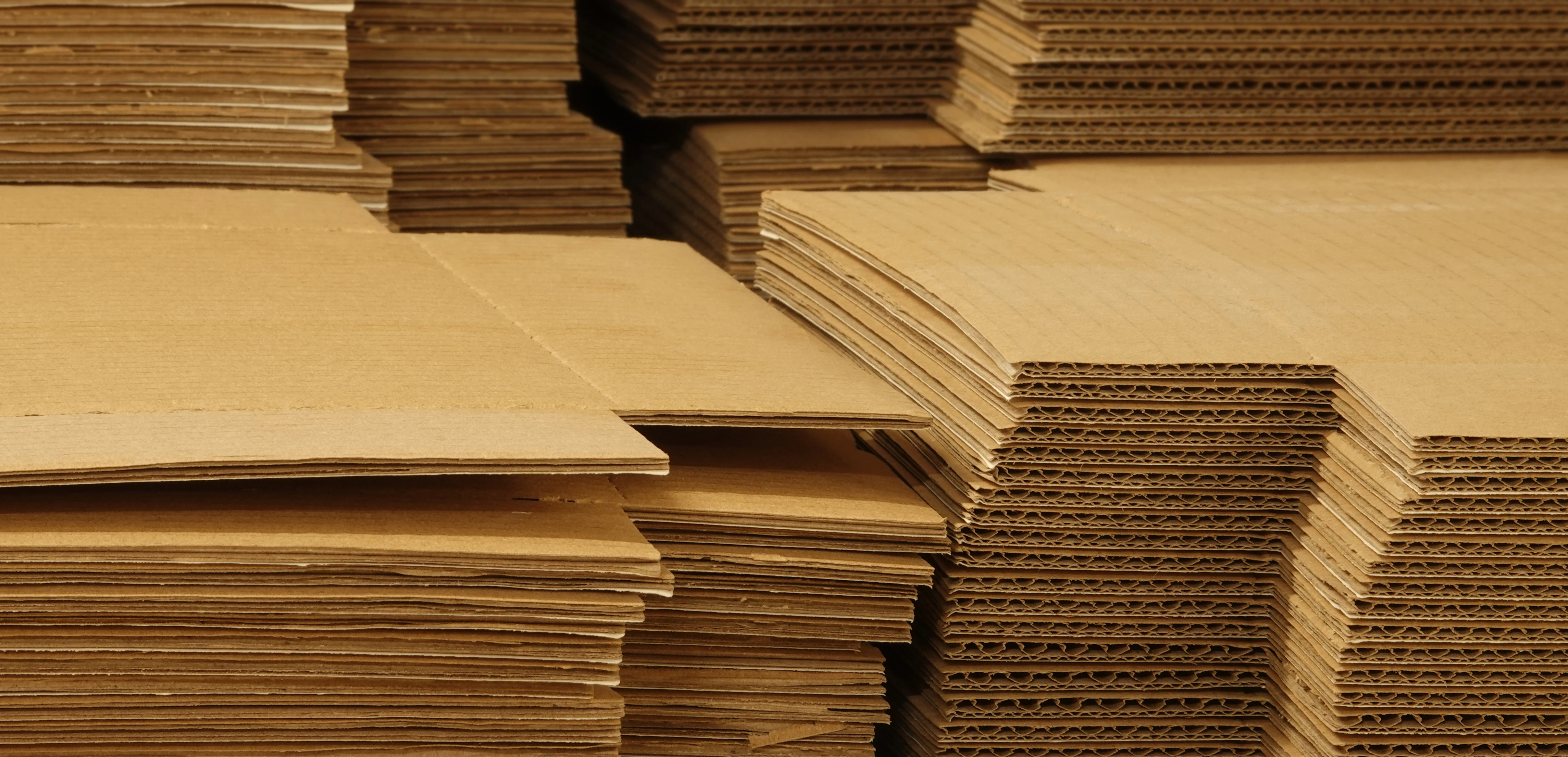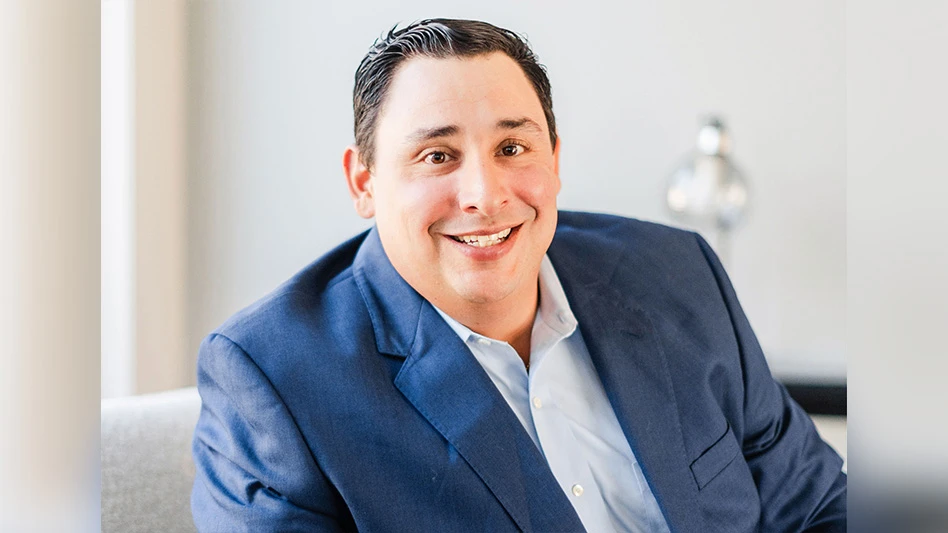
Photo courtesy of Fortum
.gif)
Finnish-based Fortum has patented technology for a new recovery method designed to reduce the environmental impact of recycling lithium in electric vehicle (EV) batteries. The company says it also hopes environmentally concerned consumers will factor in the importance of EV batteries that contain recycled lithium when purchasing these vehicles.
“This is a major development which will help meet and drive the massive demand for electric cars,” says Tero Holländer, Fortum head of business line, batteries.
“With our new patented technology, we are able to recover lithium from EV batteries in a more sustainable way, but we will also have the capabilities to produce battery-grade material on an industrial scale,” he adds.
Holländer says reclaiming lithium and other elements, such as cobalt, nickel and manganese, from recycled sources supplements mining scarce metals. He adds that this improves the sustainability aspects of EV production and lowers the batteries’ carbon dioxide footprint
In 2019, Fortum announced it had achieved a recycling rate in excess of 80 percent for lithium-ion battery materials using a low-CO2 hydrometallurgical process to recover cobalt, nickel and manganese. The technology Fortum uses was developed by Crisolteq, which Fortum announced the acquisition of earlier this year.
Fortum says it operates a hydrometallurgical recycling facility in Harjavalta, Finland, which is already capable of operating at industrial scale.
Fortum is an electricity, heating and energy provider that also offers resource-efficiency-related services, including demolition and recycling. The company employs about 8,000 people in Northern and Eastern Europe and in India.
Latest from Recycling Today
- PCA sees improving box demand in latest earnings report
- S&P Global Energy Aluminum Symposium 2026: Debating scrap export policy
- Graphic Packaging CEO: ‘External environment remains challenged near term’
- Recycling Today Media Group, NWRA launch new Safety First webinar series
- Mueller retains profitability amid copper volatility
- Partnership will explore Great Lakes-river system connections
- Viably adds Maverick Equipment as dealer
- TDS partnership launches compostable tray pilot program at Texas elementary school





